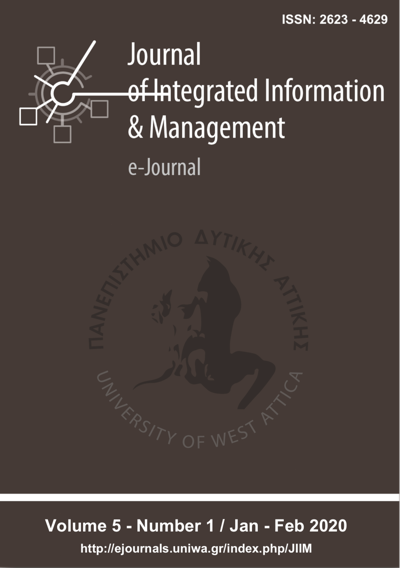The application of the PLUS model in a prison library An information literacy microteaching

Abstract
Purpose – This article aims to detail a plan for the application of the PLUS information literacy model in the context of a prison library. A brief overview of the literature will highlight the importance of (co-)developing activities based on multiple models and learning theories. At the same time, the article argues in favour of the idea that the implementation of information literacy programmes in the context of excluded and socially vulnerable groups can substantially help to improve their self-image and their smooth integration within the restrictive walls of the prison, as well enhancing their capability of returning to society and functioning as law-abiding members.
Design/methodology/approach - The research hypothesis for the project is situated within the context of a prison library. There, the educator teaching the subject of Sociology (Social Literacy) at the Second Chance School (SCS), will express their wish that each learner prepares a presentation - on the subject of discrimination (e.g. gender, political beliefs, religion, social exclusion, minorities, etc.). To this end, the educator will propose that learners seek guidance from the librarian on a topic pertinent to the concept of discrimination (racism). The approach followed by learners when preparing their presentation will be based on the PLUS model of information literacy. Methodologically, the study is based on the synthesis of fundamental theories of adult education with the PLUS information literacy model.
Findings - The development of work plans in an informational organisation environment, inspired by microteaching, can serve as a good example for promoting the application of informational models to their operation and services.
Originality/value - There are few examples of applications of informational models in educational processes for socially vulnerable or excluded groups. This article also enhances awareness on issues pertaining to libraries and education within prisons not just in Greece, but also abroad.
Article Details
- How to Cite
-
Chrysanthopoulos, C., Koulouris, A., Kouis, D., & Efthymiou, F. (2024). The application of the PLUS model in a prison library: An information literacy microteaching. Journal of Integrated Information Management, 5(1), 13–19. Retrieved from https://ejournals.epublishing.ekt.gr/index.php/jiim/article/view/37880
- Section
- Research Articles

This work is licensed under a Creative Commons Attribution-NonCommercial 4.0 International License.
Copyright Notice
Authors who publish with JIIM agree to the following terms:
- Authors retain copyright and grant the journal right of first publication with the work simultaneously licensed under a Creative Commons Attribution Non-Commercial License that allows others to share the work with:
- An acknowledgment of the work's authorship and initial publication in this journal.
- Authors are permitted and encouraged to post their work online (preferably in institutional repositories or on their website) prior to and during the submission process, as it can lead to productive exchanges, as well as earlier and greater citation of published work.





